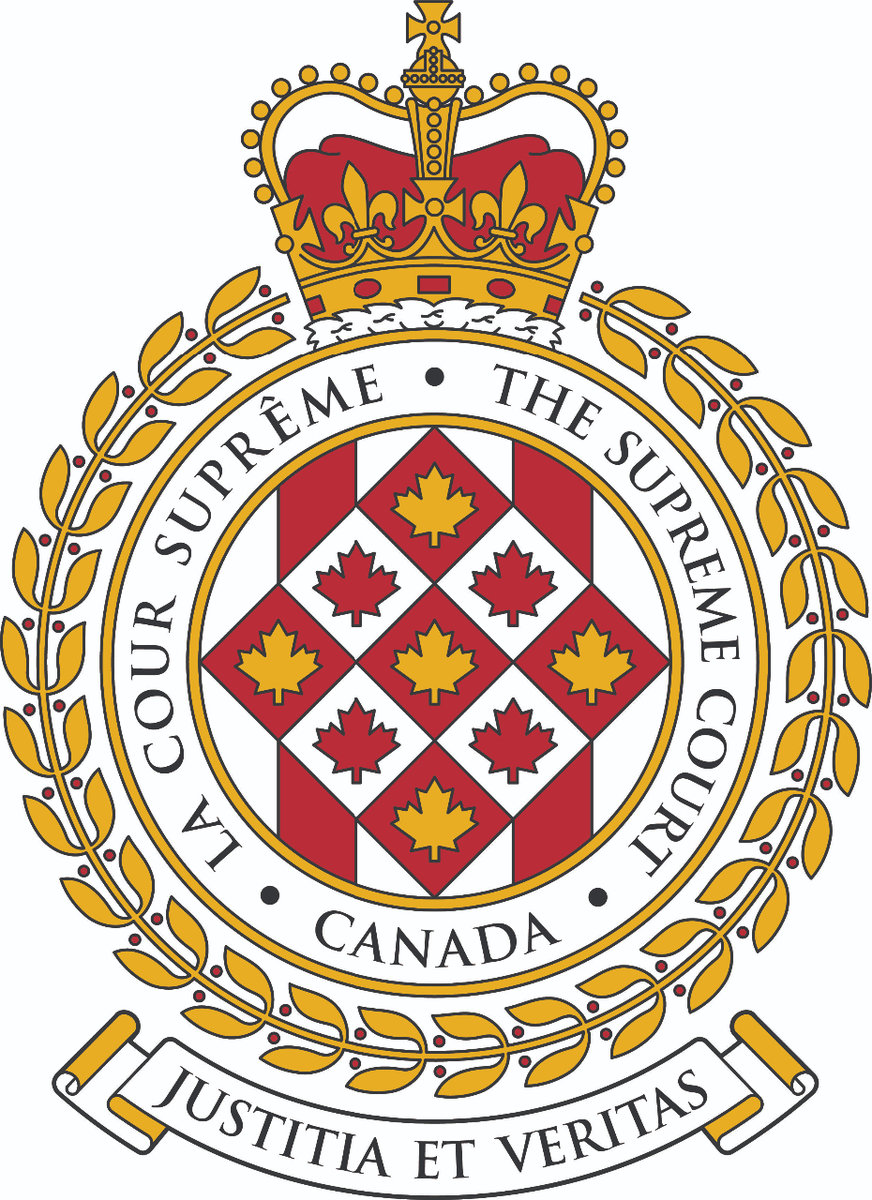
I previously wrote in a blog about the Supreme Court of Canada’s decision in Michel v. Graydon, 2020 SCC 24 that a parent's ability to make retroactive claims for child support is based on a child's best interests and a parent's obligation to provide timely financial disclosure, whereby Canada's highest court held that parents must pay child support based on their income. If a parent does not do so, then the court can correct the issue by way of an order that reaches back in time and requires a parent to pay what ought to have been paid previously. However, the court was not done with a review of the issue of retroactive child support.
Recently, the Supreme Court of Canada in Colucci v. Colucci 2021 SCC 24 was once again asked to review the issue of retroactive child support. This time in a different manner and through an inverted lens. This case provided the court with an opportunity to establish a framework for the courts to follow when a parent tries to retroactively decrease child support to reflect a past reduction in income under section 17 of the Divorce Act.
The father sought to reduce or cancel child support arrears of approximately $170,000. In a unanimous decision of the court, Madam Justice Sheilah L. Martin declined to give the father the relief that he sought. The message from the court was clear that financial disclosure must be provided to ensure that child support is paid in accordance with a parent's fluctuating income. If income changes, a change in the amount of support payable must be sought and advanced in a timely manner. Parents cannot expect a court to fix consequences that may arise from a parent's failure to do so.
The court noted that family law matters are diverse and complex and that courts need wide discretion to come to a fair result. Courts must balance a child's need for regular and appropriate support with the need for flexibility when a parent's ability to pay is affected by changes in income over time.
The framework recognizes two long-established principles of Canadian child support law: First, children have a right to a fair standard of support. That is a core objective of the Federal Child Support Guidelines. Secondly, parents are obliged to financially support their children starting at birth and continuing after separation. The court also explained that since the Guidelines came into effect, the payor parent is under a free-standing legal obligation that is independent of any court order -- to pay child support in line with their income.
The parties divorced in 1996 following a 13 year marriage. At that time, the mother and father agreed that their two daughters, ages 6 and 8, would live with the mother, who was awarded sole custody. The father was required to pay child support of $155 per week. Soon after the divorce, the father left Canada without telling anyone of his whereabouts. For 14 years from 1998 to 2012, the father did not make any voluntary child support payments to the mother, did not disclose his income, and moved to two different countries without notifying the mother. The father's child support obligations ended in 2012, at which time the children had completed their education and were employed.
In 2016, the father came out of hiding, when he returned to Canada. The father was facing enforcement action by the Family Responsibility Office (FRO), including personal garnishment of his wages. By that time, the father owed child support arrears and interest of approximately $170,000. The father commenced court proceedings to retroactively reduce or cancel his child support obligation to bring it in line with his declared income during those years that were related to the accumulated arrears, and to establish it based on the Federal Child Support Guidelines, which came into effect in 1997. The father also asked the court to consider his current and future inability to pay the arrears in determining if the arrears should be reduced or cancelled. The father did not take steps to adjust his child support obligation beyond a request that his lawyer made on his behalf in 1998, which was not agreed to by the mother nor was it pursued by the father before the court.
The father revealed in earlier court proceedings that he had relocated to the United States in 2000, where he resided until 2005, earning about $25,000 per year. The father then moved to Italy to care for his ailing mother who passed away in 2008. Prior to his mother's death, the father earned nominal income. After the mother's death, the father lived off the inheritance that he received from the mother's estate.
The father did not provide any financial disclosure such as income tax returns or notices of assessment even though he asked the court to adjust his support arrears to reflect his historic income. At trial, the father was successful in reducing his support arrears to $41,642. The mother appealed and the Court of Appeal restored the full amount of child support arrears. The father appealed to the Supreme Court of Canada, which brings us back to our story.
In the unanimous decision of the Supreme Court of Canada, the court refused to reduce the arrears and dismissed the appeal. Madam Justice Martin's decision and review of the father's claim discusses the importance of proper and timely financial disclosure in child support cases, wherein she states, "Disclosure is the linchpin on which fair child support depends and the relevant legal tests must encourage the timely provision of necessary information." Disclosure is a necessity and it is based on the premise underlying the Child Support Guidelines that provides that a child support obligation should fluctuate with the payor parent's income.
The court assessed whether a retroactive reduction in child support was appropriate, especially in light of the father's failure to provide timely and adequate financial disclosure. The court held that a recipient of child support is entitled to expect that the existing order will be complied with unless they are in receipt of reasonable proof that a relevant change in the payor's circumstances has occurred. Madam Justice Martin wrote, "Again, the payor holds the relevant information and knows when there has been a decrease in income. It is in the payor's own best interest to use this knowledge to notify the recipient of the change in circumstances and take steps to formally vary a child support order." The court held that when full, frank and regular disclosure occurs, the issue of long-term arrears should be a rarity. Madam Justice Martin held that it would be "illogical, unfair and contrary to the child's best interests to make the recipient solely responsible for policing the payor's ongoing compliance with their support obligation."
The court held that the father took little steps to reduce his child support obligations for almost 18 years. The father claimed his was automatically entitled to a retroactive decrease, even though he never notified the mother about his decreased income at that time. The court noted that a parent who has established a past decrease in income is not automatically entitled to a retroactive decrease of support to the date of the decrease. It emphasized that it is up to the court to make a discretionary decision based on its analysis of the specific circumstances of the given case.
The father's choice to leave Canada, not disclose his whereabouts, and to make very few child support payments was not looked at favourably. The father showed "no willingness to support the children, who suffered hardship as a result of his failure to fulfill his obligations". The father’s conduct showed bad faith and he attempted to evade the enforcement of a court order. Madam Justice Martin wrote that granting a retroactive reduction in child support would give tacit approval to the improper conduct of the father, which was not in the best interests of the children.
The court concluded that the father had not proved that he could not pay now or in the future, even with a flexible payment plan. The Court wrote that the cancellation of child support debt would only happen in exceptional cases and as a last resort. As a result, the father was required to pay the mother the $170,000 of child support owed.
The court stressed the child support system depends on adequate, accurate and timely financial disclosure. Madam Justice Martin wrote, “frank disclosure of income information by the payor lies at the foundation of the child support regime”.
If you are a parent dealing with a child support issue, you must provide timely financial disclosure to the other parent to ensure that child support is being paid based on a parent's fluctuating income. If a payor's income changes, as it does for many parents, that parent must seek a change in the amount being paid in a timely manner. The court has made it clear that parents cannot expect that the court will help to fix the consequences that may arise from a failure of a parent to advance the issue in an expeditious manner.
If you are dealing with a complication arising from a situation of retroactive child support as it applies to your family law and parenting matter, we invite you to contact an experienced lawyer at our firm for more information about how we may be of assistance.
Aubrey Sherman is the managing partner at Sherman Law LLP in Kitchener, Ontario. His practice focuses on family law, estate planning, and estate administration. The team at Sherman Law LLP in Waterloo Region has over 40 years of experience providing clients with creative and innovative solutions. If you wish to discuss your family law or estate planning matter in further detail, please contact our office to arrange for a consultation. We can be reached by phone at 519-884-0034 or by email.
